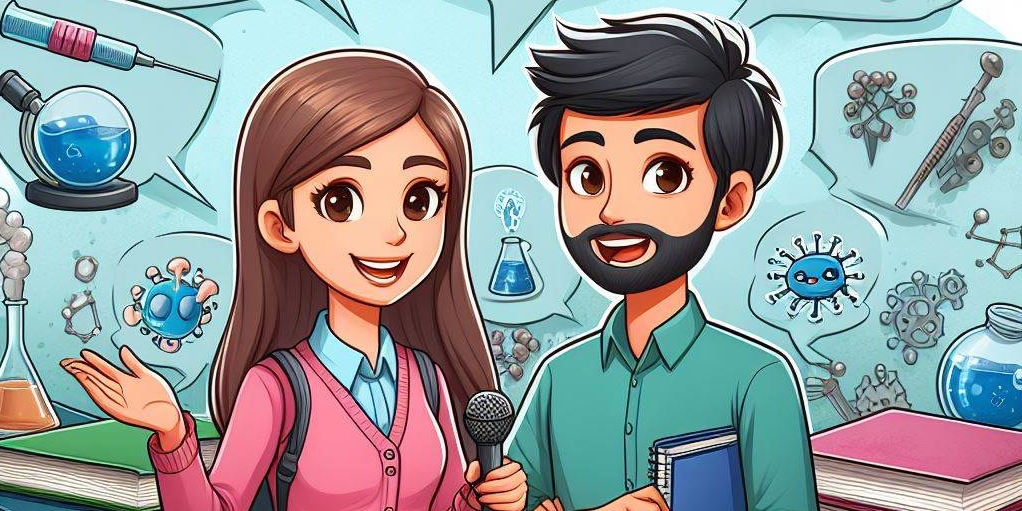When I started skeptical activities in the early 1980s, I assumed that there was a millennia-old tradition in which the principles of skepticism had been developed. It soon became apparent that it wasn't that simple and that there was no such thing as skepticism per se.
I learned a lot over time. It was about what is true and what is not and to what extent we can know anything at all. It was also about how we should proceed in the knowledge process and in communication. Then, we had to ask ourselves why we were doing this in the first place.
Our knowledge itself
The ancient skeptics were convinced that we cannot really know anything because there is a counterargument for everything. They believed that we should suspend judgment on basically any assertion. This has nothing to do with science. The book "The New Skepticism" by Paul Kurtz provides a clear explanation of this complex development, which involved skepticism being developed in a new, modern, and science-compatible sense.
Gerhard Vollmer, a long-standing member of the GWUP's Scientific Advisory Board, makes his point even more clearly in "Wissenschaftstheorie im Einsatz": Our scientific statements must relate to the real world, which exists independently of us.
Another essential aspect is epistemic modesty. This includes the fact that nothing is absolutely certain, even if we know that some things have a lot of evidence. We must always be open to new ideas and considerations, even if they initially seem wrong.
Given these considerations, we can now present a few principles that should guide skeptics.
- Science aims to describe the real world correctly with its theories, at least approximately. This requires empirical testability.
- All people are equally the product of evolution and corresponding adaptations to the world. Therefore, all people are equally capable of understanding the world. Therefore, science is universalistic. Let's be skeptical of anyone who talks about Chinese, Vedic or feminist science.
- There are different levels of knowledge. Some are still provisional, while we can be quite certain about others. This justifies our epistemic modesty: we must be open to correction and ready for new evidence and arguments.
- Wishful thinking and self-deception exist in science as in any other field. We can build up moralising barriers and immunise ourselves against criticism. Magicians like James Randi have shown us how easy it is for us – especially scientists – to deceive ourselves. This is why engaging in substantive and methodological criticism is crucial to correct errors, discover blind spots and develop new ideas.
- The arguments, not the people and their affiliations, are what count. Even if we don't like these people for other reasons, we mustn't let that influence our assessment of their arguments. A rational and constructive approach to unpopular theses is fundamental to the scientific process. After all, we could be wrong.
- There must be no taboos in the pursuit of knowledge. It goes without saying that there are ethical limits to the methods. For example, we do not carry out human experiments.
Dealing with Others
Dealing with others, especially opponents we don't like, has two components. First, they could present arguments that advance our knowledge, be it in the matter itself or in their assessment of why they believe something. Secondly, we have to treat others decently.
There are excellent guides for dealing with unfounded claims, such as "Proper Criticism" by Ray Hyman. It provides clear guidance on how to deal with these topics. Communication is also crucial. We must always treat our opponents with care.
Practically, this means being firm on the issue but polite in tone and behaviour. Insults and insinuations of motives have no place in a good relationship, especially not a scientifically skeptical one. Ad hominem arguments have no place in a fair discussion. Someone can be a scoundrel and still be right. Another person can be likeable and still be wrong. This is about arguments, not people.
Why are we doing this?
We don't like to be deceived. We want to know how things really are. Nobody likes to be deceived.
But there is another reason, which the first president of the GWUP, Irmgard Oepen, made clear to us: "It's not about being right; it's about protecting the patient." Put another way: Nobody wants to make detrimental or harmful decisions due to false information. The consequences of misleading information must be considered.
One thing is clear: the people affected make their own decisions and have the right to make the wrong decision, but they must accept the consequences. The attitude described in the previous section is also crucial here. Even if we make accurate and truthful statements, we will be ignored if we are perceived as merely representing a political or ideological orientation.

 Deutsch (Deutschland)
Deutsch (Deutschland)  English (United Kingdom)
English (United Kingdom) 